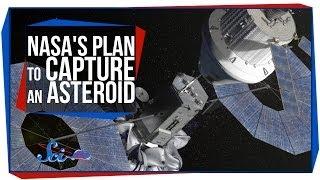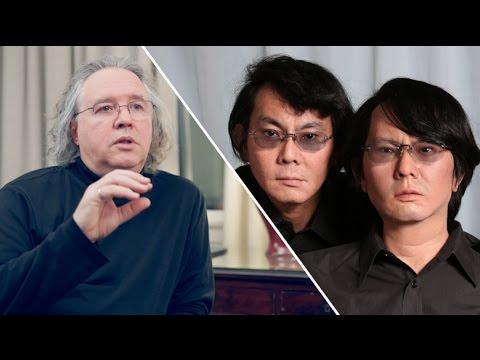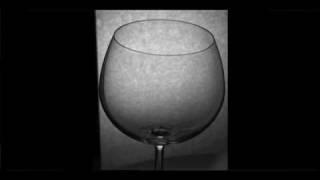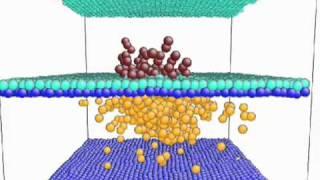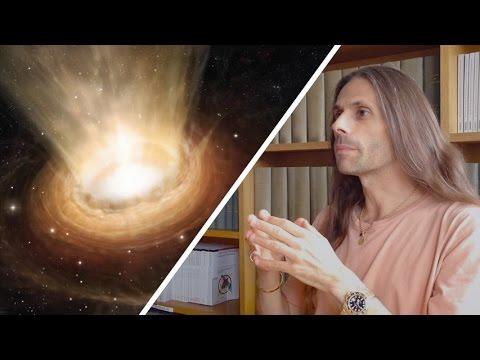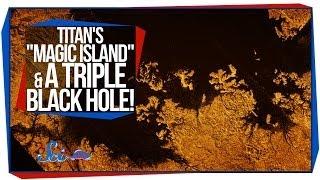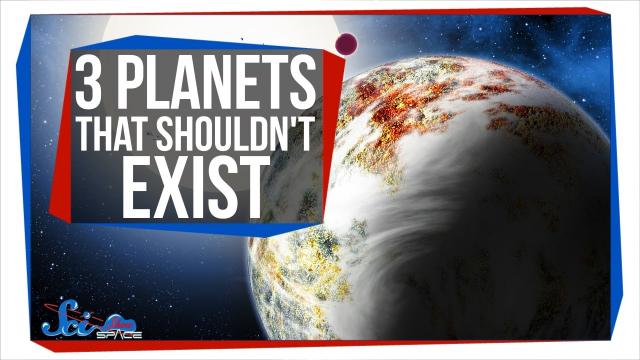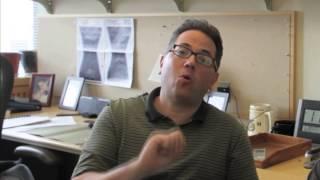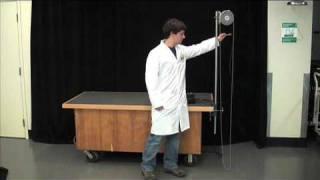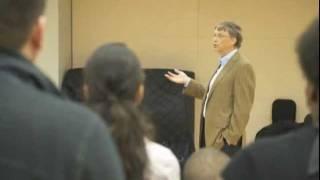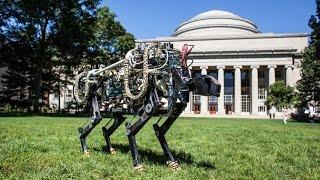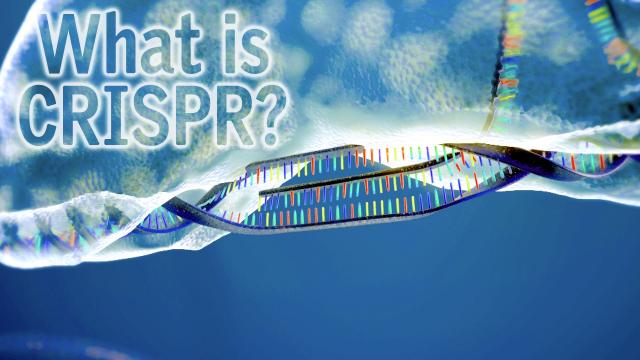Time Travel, Teleportation & Science
Time travel is the concept of moving between different points in time in a manner analogous to moving between different points in space, generally using a theoretical invention, namely a time machine. It has a commonly recognized place in philosophy and fiction, but has a very limited application in real world physics, such as in quantum mechanics or wormholes.
Although the 1895 novel The Time Machine by H. G. Wells was instrumental in moving the concept of time travel to the forefront of the public imagination, The Clock That Went Backward by Edward Page Mitchell was published in 1881 and involves a clock that allowed three men to travel backwards in time.[1][2] Non-technological forms of time travel had appeared in a number of earlier stories such as Charles Dickens' A Christmas Carol. Historically, the concept dates back to the early mythologies of Hinduism (such as the Mahabharata), Buddhism, and Islam through ancient folk tales. More recently, with advancing technology and a greater scientific understanding of the universe, the plausibility of time travel has been explored in greater detail by science fiction writers, philosophers, and physicists.
Teleportation, or Teletransportation, is the theoretical transfer of matter or energy from one point to another without traversing the physical space between them. It has a commonly recognized place in science fiction literature, film, and television, but as yet has a very limited application in real world physics, such as quantum teleportation or the study of wormholes.
Science (from Latin scientia, meaning "knowledge") is a systematic enterprise that builds and organizes knowledge in the form of testable explanations and predictions about the universe. In an older and closely related meaning, "science" also refers to a body of knowledge itself, of the type that can be rationally explained and reliably applied. A practitioner of science is known as a scientist.
In modern usage, "science" most often refers to a way of pursuing knowledge, not only the knowledge itself. It is also often restricted to those branches of study that seek to explain the phenomena of the material universe.
Source : Wikipedia
-
04:10
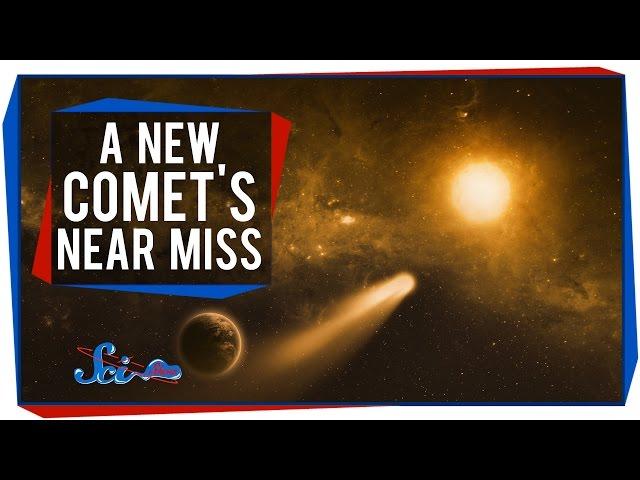
A New Comet's Very, Very Near Miss
Added 781 Views / 0 LikesA New Comet's Very, Very Near Miss
-
05:24
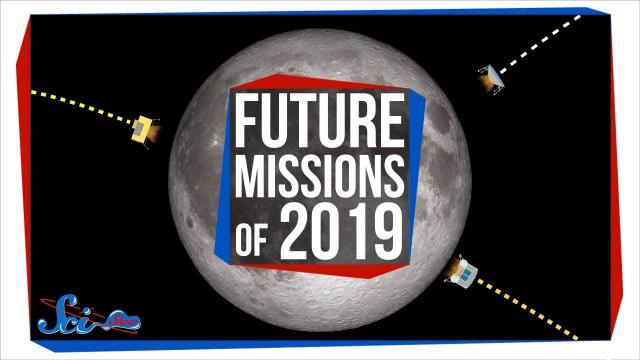
Future Space News of 2019
Added 781 Views / 0 Likes2019 will be a big year for the moon! Not only is it the 50th anniversary of the first moon landing, but our closest neighbor is receiving a bunch of new visitors this year.SciShow has a spinoff podcast! It's called SciShow Tangents. Check it out at https
-
07:36

Sci-Fi Sciene: Pysics of the Impossible Season 2 Episode 7 The Death Star Part 2
Added 779 Views / 0 LikesSci-Fi Sciene: Pysics of the Impossible Season 2 Episode 7 The Death Star Part 2
-
03:46
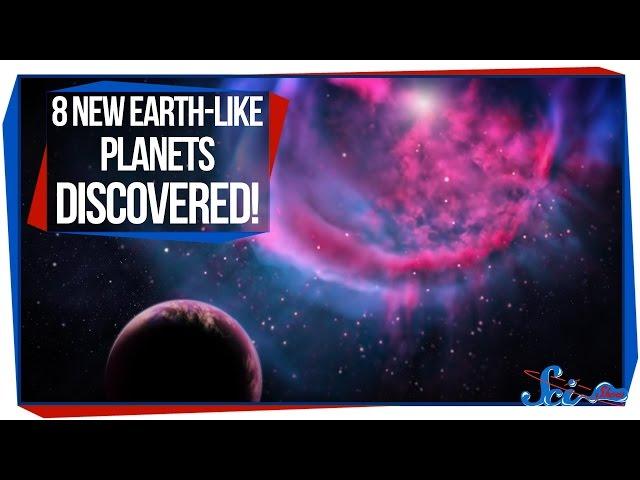
8 New Earth-Like Planets Discovered!
Added 779 Views / 0 Likes8 New Earth-Like Planets Discovered!
-
03:10
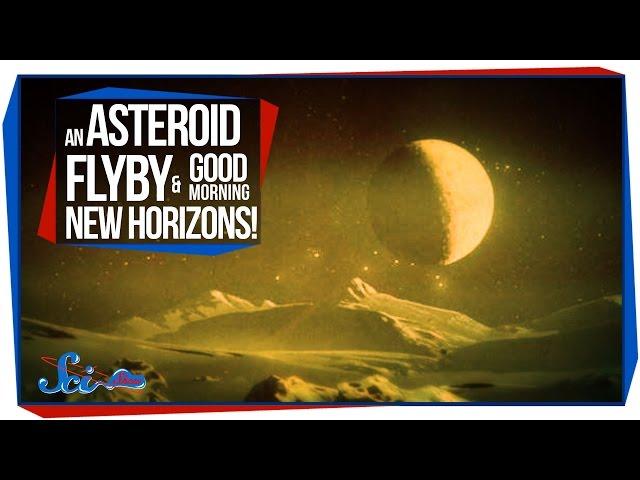
An Asteroid Flyby, and Good Morning, New Horizons!
Added 779 Views / 0 LikesAn Asteroid Flyby, and Good Morning, New Horizons!
-
04:16
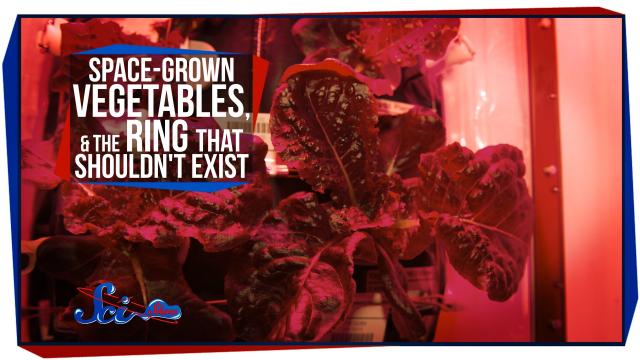
Space-Grown Vegetables, and the Ring That Shouldn't Exist
Added 779 Views / 0 LikesSpace-Grown Vegetables, and the Ring That Shouldn't Exist
-
04:25
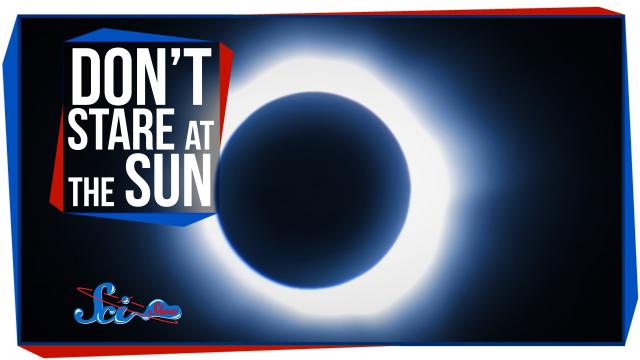
Why Shouldn't You Look at the Sun?
Added 778 Views / 0 LikesWhy Shouldn't You Look at the Sun?
-
04:04
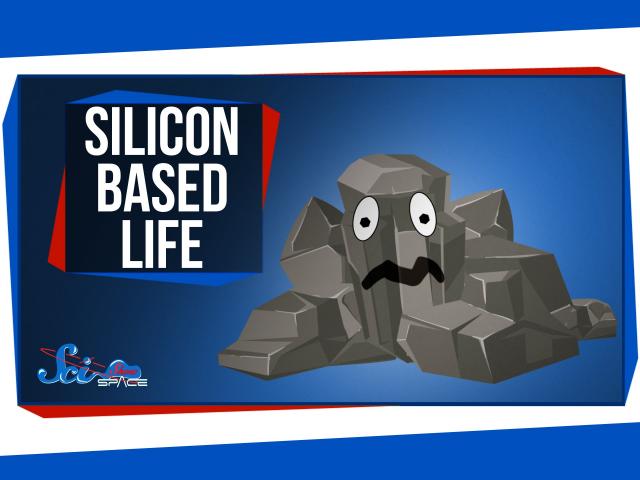
Silicon-Based Life: Could Living Rocks Exist?
Added 778 Views / 0 LikesSilicon-Based Life: Could Living Rocks Exist?

